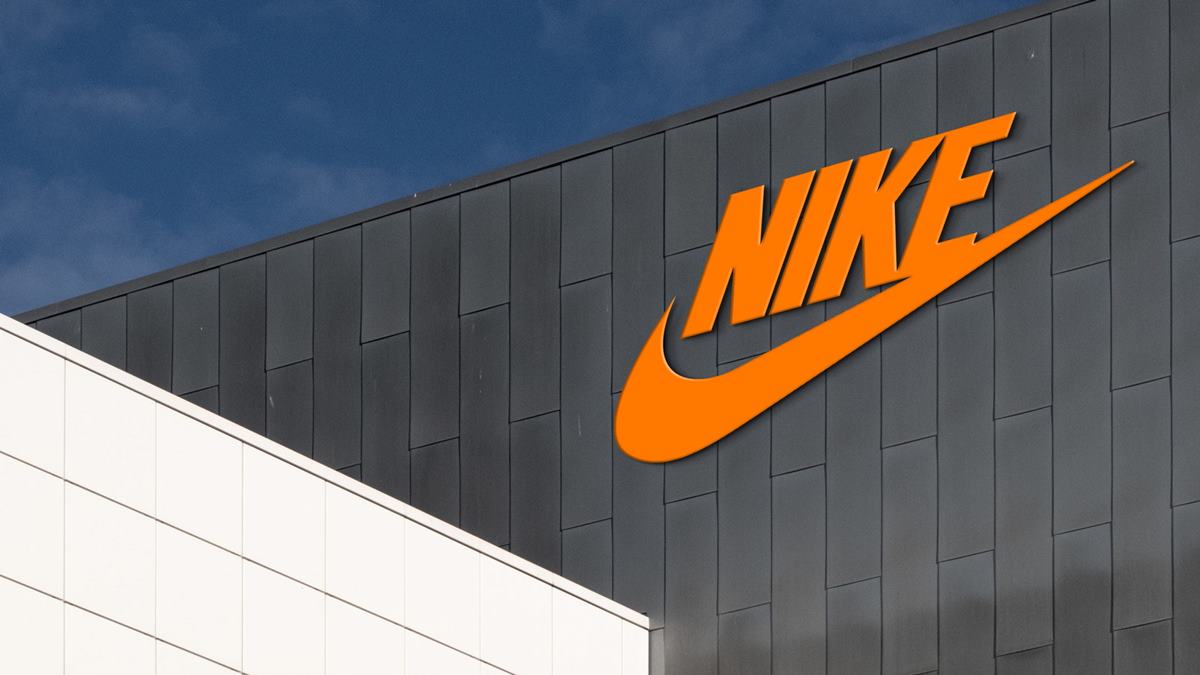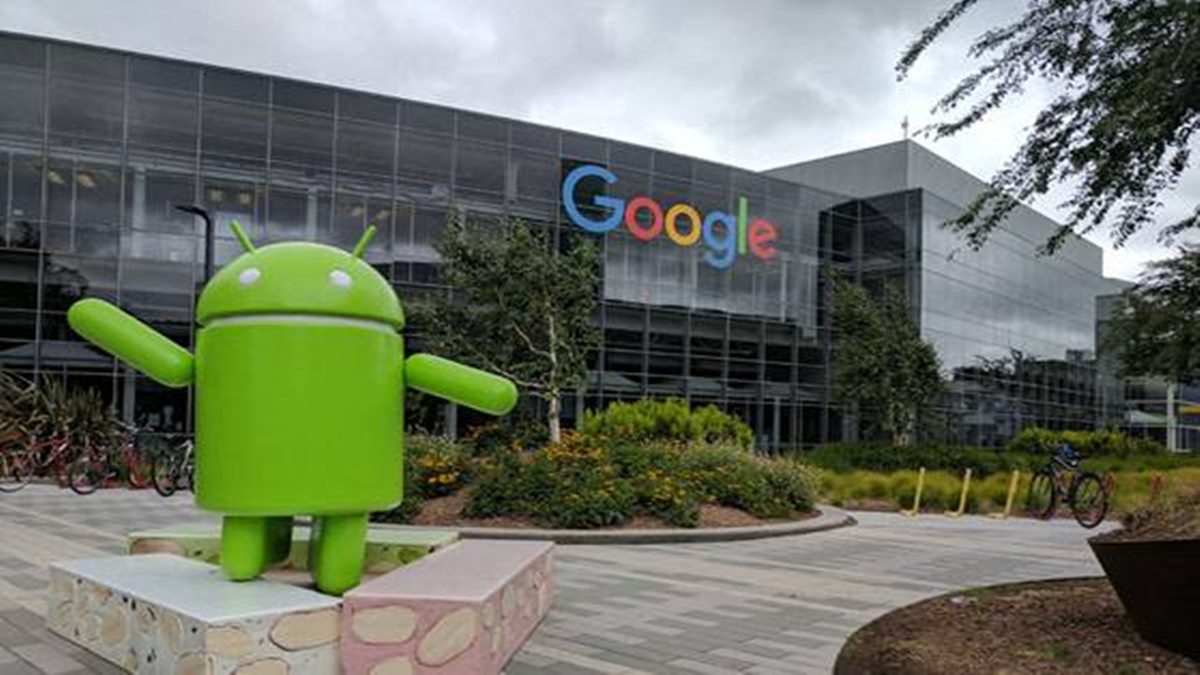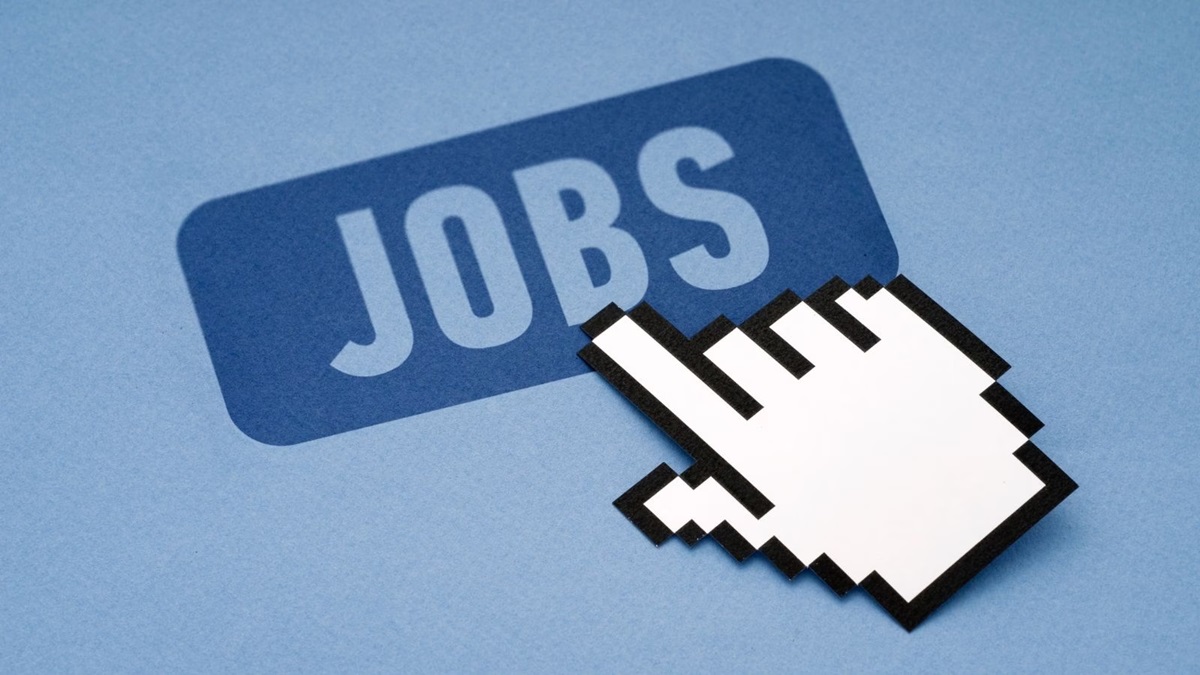Microsoft’s report, “Working with AI: Measuring the Occupational Implications of Generative AI,” analyzed the adoption of AI by different workers and its possible impact on their jobs.
Artificial intelligence has quietly revolutionized everyday life — from how we search for answers and connect with others to how we organize our tasks. But its influence doesn’t stop there. AI is also reshaping the workplace, redefining roles, and in some cases, eliminating them entirely.
Microsoft’s report, “Working with AI: Measuring the Occupational Implications of Generative AI,” analyzed the adoption of AI by different workers and its possible impact on their jobs. The study found that several desk obs are at risk, as AI can complete them with ease. Researchers examined 200,000 anonymous conversations between their chatbot, Bing Copilot, and US users collected between January and September 2024.
“We find the most common work activities people seek AI assistance for involve gathering information and writing, while the most common activities that AI itself is performing are providing information and assistance, writing, teaching, and advising,” the report stated.
However, there are certain jobs that remain largely insulated from AI disruption, as noted by Microsoft. These are…
Phlebotomists | Nursing Assistants | Hazardous Materials Removal Workers | Helpers—Painters, Plasterers, etc. | Embalmers | Plant and System Operators, All Other | Oral and Maxillofacial Surgeons | Automotive Glass Installers and Repairers | Ship Engineers | Tire Repairers and Changers
The AI-safe jobs share the following characteristics: Physical presence and manual dexterity that AI cannot emulate | Human empathy and interaction for patient care or service | Real-world problem solving in unpredictable environments | Specialized training with safety or liability implications | Complex equipment operation requiring real-time judgment.
Rather than eliminating roles, artificial intelligence is reshaping how tasks are performed across industries. In these uncertain times, the best strategy is to stay adaptable and invest in continuous learning. Professionals who thrive will combine in-demand technical skills with human qualities such as creativity, empathy and critical thinking.




















